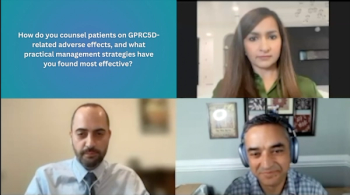
Unique toxicities presented with talquetamab tend to get progressively better as the treatment course continues, according to Prerna Mewawalla, MD.

Your AI-Trained Oncology Knowledge Connection!


Unique toxicities presented with talquetamab tend to get progressively better as the treatment course continues, according to Prerna Mewawalla, MD.

Prophylactic steroid or tocilizumab use may help in preventing CRS in patients undergoing treatment with bispecific antibodies for multiple myeloma.
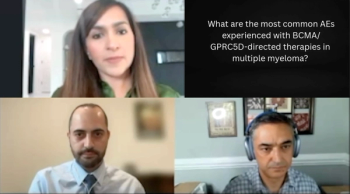
CRS, neurotoxicities, and infections are the most common AEs associated with BCMA- and GPRC5D-directed therapies in patients with multiple myeloma.
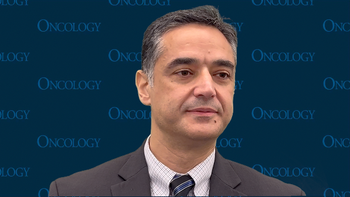
Elucidating nonresponses to bispecific T-cell engagers may be an important research consideration in the multiple myeloma field.

Fixed treatment durations with bispecific antibodies followed by observation may help in mitigating infection-related AEs, according to Shebli Atrash, MD.

Shebli Atrash, MD, stated that MRD should be considered carefully as an end point given potential recurrence despite MRD negativity.
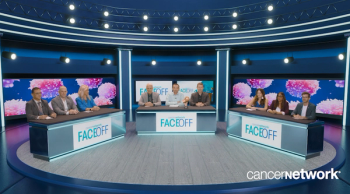
Panelists discuss how community centers can effectively implement bispecific antibody therapy for patients with relapsed/refractory multiple myeloma, addressing challenges such as staff training, patient monitoring, and managing potential adverse events in a non-academic setting.

Panelists discuss how to approach treatment decisions and management strategies for a 58-year-old woman with relapsed/refractory multiple myeloma who is post-autologous stem cell transplant, MRD-negative, and currently receiving bispecific antibody therapy, considering factors such as prior treatments, response duration, and long-term treatment goals.

Panelists discuss how optimizing dosing intervals and carefully considering combination strategies for bispecific antibodies in relapsed/refractory multiple myeloma could enhance treatment efficacy while managing toxicities and improving patient quality of life.

Panelists discuss how the optimal sequencing of bispecific antibodies and CAR T-cell therapies in relapsed/refractory multiple myeloma could maximize treatment efficacy and improve patient outcomes in this challenging disease setting.

Panelists discuss how the OPTec study, which explores outpatient step-up administration of teclistamab, could impact real-world practice by potentially improving patient convenience and reducing healthcare resource utilization in the treatment of multiple myeloma.

Panelists discuss how prophylactic use of tocilizumab in the MajesTEC-1 trial may reduce the incidence and severity of cytokine release syndrome (CRS) in patients receiving bispecific antibody therapy for multiple myeloma, potentially improving treatment safety and tolerability.

Panelists discuss how the follow-up results from the RedirecTT-1 study provide insights into the long-term efficacy and safety of bispecific antibody combinations in treating relapsed/refractory multiple myeloma, potentially shaping future treatment approaches for this challenging disease.

Panelists discuss how the TRIMM-2 study explores the potential of combining bispecific antibodies to enhance treatment efficacy in patients with relapsed/refractory multiple myeloma, potentially offering a novel therapeutic strategy for this difficult-to-treat condition.

Panelists discuss how Talquetamab, a novel GPRC5DxCD3 bispecific antibody, shows promising results in treating relapsed/refractory multiple myeloma based on the MonumenTAL-1 trial data, potentially offering a new therapeutic option for this challenging patient population.
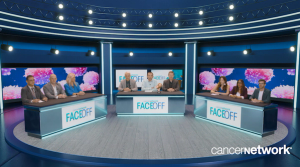
Published: November 20th 2024 | Updated:

Published: October 7th 2025 | Updated:
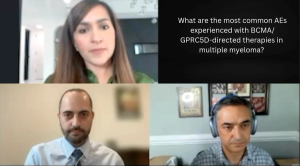
Published: September 26th 2025 | Updated:

Published: November 27th 2024 | Updated:

Published: October 30th 2024 | Updated:
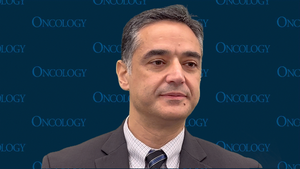
Published: August 7th 2025 | Updated: